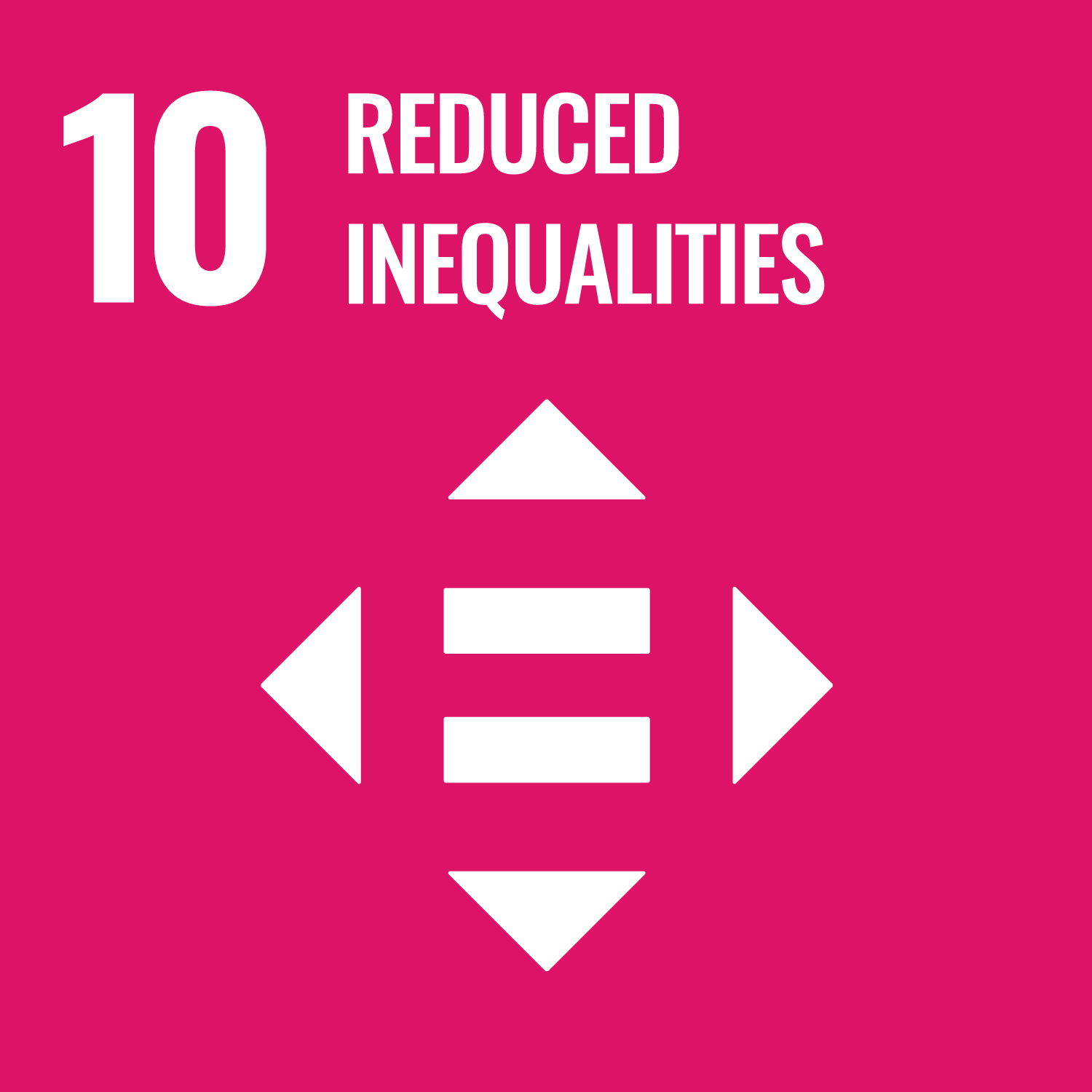Rattan, A and Savani, K (2012) A choice mind-set increases the acceptance and maintenance of wealth inequality. Psychological Science, 23 (7). pp. 796-804. ISSN 0956-7976
Abstract
Wealth inequality has significant psychological, physiological, societal, and economic costs. In six experiments, we investigated how seemingly innocuous, culturally pervasive ideas can help maintain and further wealth inequality. Specifically, we tested whether the concept of choice, which is deeply valued in American society, leads Americans to act in ways that perpetuate wealth inequality. Thinking in terms of choice, we argue, activates the belief that life outcomes stem from personal agency, not societal factors, and thereby leads people to justify wealth inequality. The results showed that highlighting the concept of choice makes people less disturbed by facts about existing wealth inequality in the United States, more likely to underestimate the role of societal factors in individuals’ successes, less likely to support the redistribution of educational resources, and less likely to support raising taxes on the rich—even if doing so would help resolve a budget deficit crisis. These findings indicate that the culturally valued concept of choice contributes to the maintenance of wealth inequality.
More Details
| Item Type: | Article |
|---|---|
| Subject Areas: | Organisational Behaviour |
| Date Deposited: | 17 May 2016 12:24 |
| Last Modified: | 28 Jul 2025 00:48 |
| URI: | https://lbsresearch.london.edu/id/eprint/488 |




